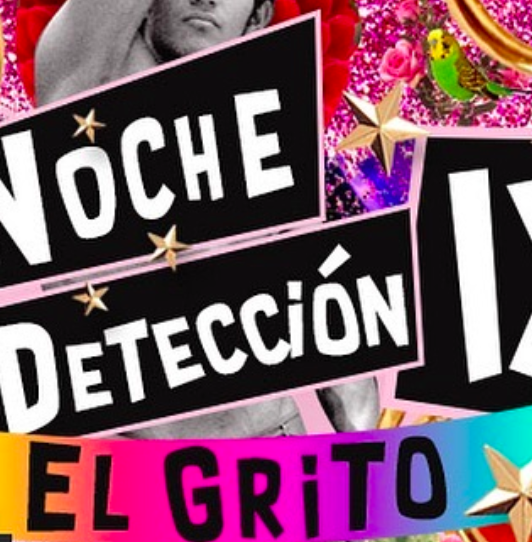
Would you imagine getting an HIV test during a party? The idea seems strange indeed and yet that concept seems to be working in Mexico city, where the organisation “Inspira” definitely showed inspiration.
Aarón Rojas (Programs Manager) and Aldahir Jimenez (Communications Officer) tell us more.
Aaron and Aldahir, what are these “parties”?
UNAIDS 90-90-90 strategy calls for, among other things, higher HIV testing rates. In order to reach that goal, we must improve key populations’ access to rapid tests. So, we designed a strategy based on a qualitative study run by the Inspira team in 2011 about the perception that men who have sex with men and trans women have of testing and HIV. A key insight of that study is that one of the barriers is the place where you get tested: if it’s a hospital or a clinic-like environment it raises stress and anxiety. Another barrier is the irrational fear of HIV. Another one is the waiting time and health providers’ opening hours, which are often the same as schools and workplaces, making it difficult for people to go and get tested.
We first tried to only change the opening hours of our centre but that obviously was not enough, so we decided to tackle the location. To distance ourselves from a medical environment, we organised “Noche de deteccion” a party-like event with music but no alcohol. We got a famous Youtube influencer to send a support message and announcing his presence at the party.
From there onwards, the concept worked and we started replicating it on the last Friday of each month. For each event, we made a video with a different influencer.
So influencers made the difference?
While they are important, there are also limits. : In the beginning we only paid attention to their number of followers. But after some people in our community called out some of our choices, we started looking also at their positions on other issues – such as abortion – and at the language they use. We know that the LGBT+ community is diverse, and we care about partnering with people who are coherent with our values as an organization.
To promote the event, we also rely on the videos we edit, which have a very distinctive festive feeling (they are in Spanish but you can get the gist), and to announcements in several papers.
Las noches de detección llegaron para quedarse. ¿Tú ya te sacaste la duda? Te esperamos el viernes 10 de agosto. Más info. https://www.facebook.com/events/2124023771151562/
Publiée par Inspira A.C. sur Mercredi 8 août 2018
Don’t people find it strange to get tested at a party?
A frequent question was: what happens if you get a positive result at a party? Our answer: we have psychologists on our team that are there to help. Some people who get a positive result leave, others stay, others ask to talk to our psychologist, and others have their partner or friends to support them.
Sometimes we invite people to share their stories during the party, which helps building a sense of community.
The results speak for themselves: on any given day, during our 8 hours of service, we serve about 20 people. On a Noche de Detección, which lasts 5 hours, we serve at least 50 people and they are more diverse: cisgender women, lesbian women, couples, people who come with their parents…
How can people contact you to find out more?
I would invite them to approach the organization, see what we do, and feel free to share their proposals with us. We’re open and constantly looking for new ideas.
People can contact us via our website, email (info@inspiracambio.org), Facebook, Instagram, Twitter, LinkedIn, and phone (+52 55 5566 1528)
